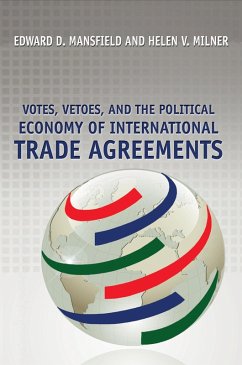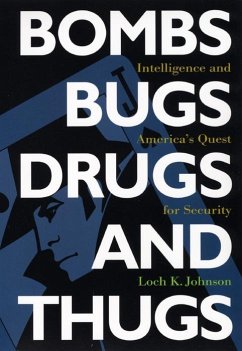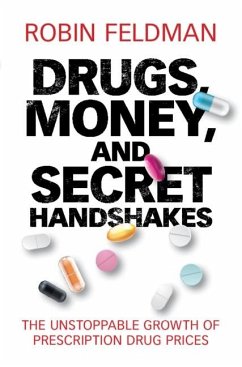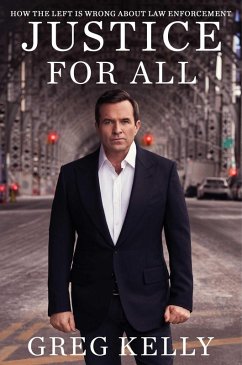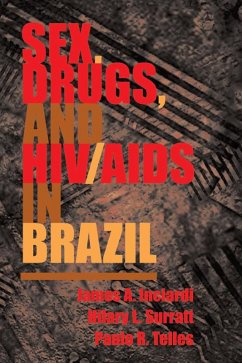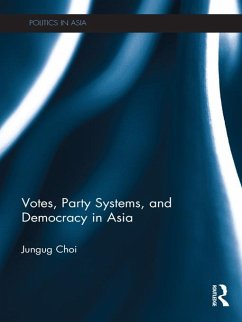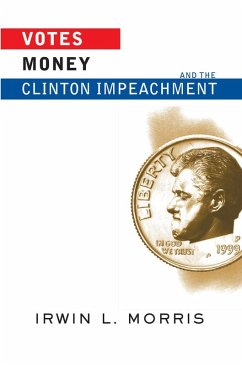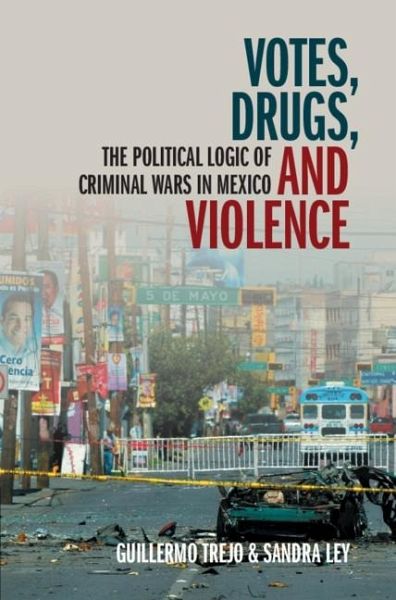
Votes, Drugs, and Violence (eBook, ePUB)
The Political Logic of Criminal Wars in Mexico
Versandkostenfrei!
Sofort per Download lieferbar
20,95 €
inkl. MwSt.
Weitere Ausgaben:

PAYBACK Punkte
10 °P sammeln!
One of the most surprising developments in Mexico's transition to democracy is the outbreak of criminal wars and large-scale criminal violence. Why did Mexican drug cartels go to war as the country transitioned away from one-party rule? And why have criminal wars proliferated as democracy has consolidated and elections have become more competitive subnationally? In Votes, Drugs, and Violence, Guillermo Trejo and Sandra Ley develop a political theory of criminal violence in weak democracies that elucidates how democratic politics and the fragmentation of power fundamentally shape cartels' incen...
One of the most surprising developments in Mexico's transition to democracy is the outbreak of criminal wars and large-scale criminal violence. Why did Mexican drug cartels go to war as the country transitioned away from one-party rule? And why have criminal wars proliferated as democracy has consolidated and elections have become more competitive subnationally? In Votes, Drugs, and Violence, Guillermo Trejo and Sandra Ley develop a political theory of criminal violence in weak democracies that elucidates how democratic politics and the fragmentation of power fundamentally shape cartels' incentives for war and peace. Drawing on in-depth case studies and statistical analysis spanning more than two decades and multiple levels of government, Trejo and Ley show that electoral competition and partisan conflict were key drivers of the outbreak of Mexico's crime wars, the intensification of violence, and the expansion of war and violence to the spheres of local politics and civil society.
Dieser Download kann aus rechtlichen Gründen nur mit Rechnungsadresse in A, B, BG, CY, CZ, D, DK, EW, E, FIN, F, GR, HR, H, IRL, I, LT, L, LR, M, NL, PL, P, R, S, SLO, SK ausgeliefert werden.




